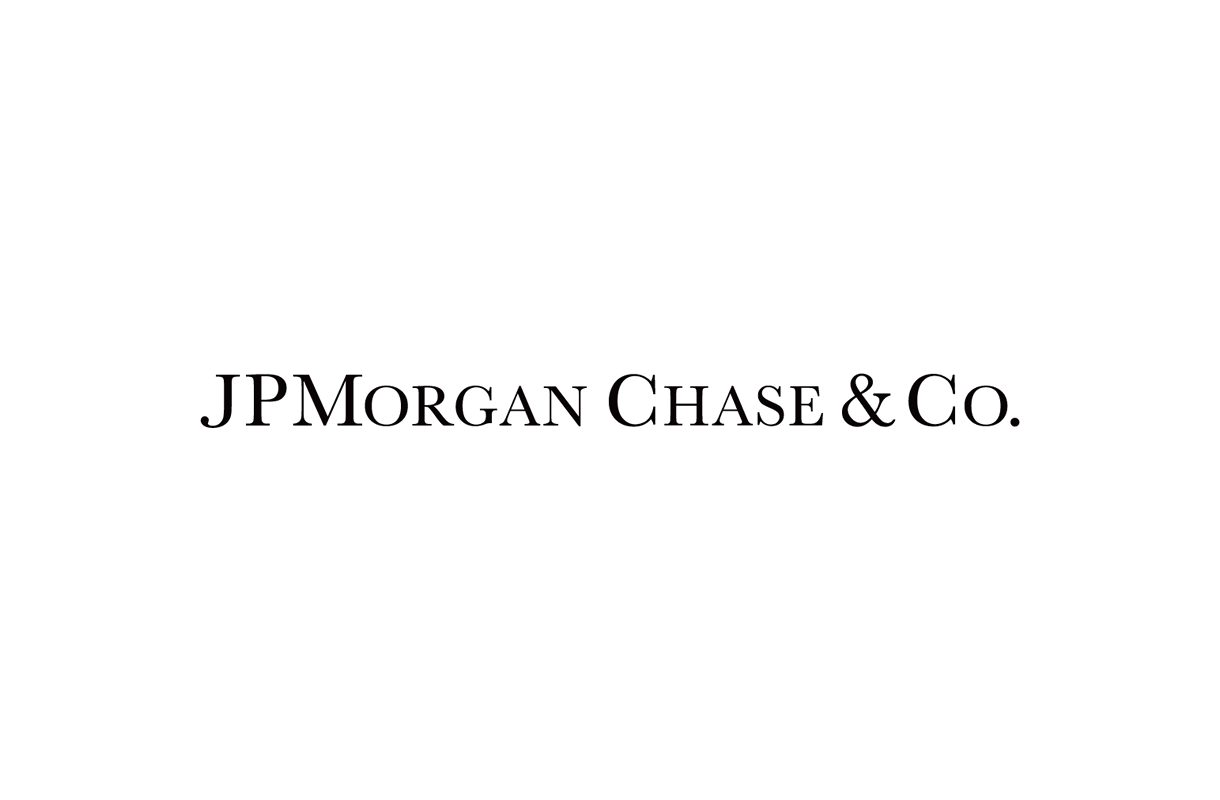by Franklin Templeton Investments blog, Franklin Templeton Investments
European equities made small gains last week, with help from improved sentiment on Brexit and trade progress. US markets were also mostly higher. It was a generally positive week for Asia Pacific markets as well, although regional performance was mixed. Japan outperformed significantly while shares in mainland China struggled.
The Digest
Brexit Dominates Headlines Again
 It was another noisy and volatile week of Brexit headlines. Things seemed to come to a head on Thursday as UK Prime Minister Boris Johnson and European Union (EU) Head Negotiator Michel Barnier announced the two sides had reached a deal.
It was another noisy and volatile week of Brexit headlines. Things seemed to come to a head on Thursday as UK Prime Minister Boris Johnson and European Union (EU) Head Negotiator Michel Barnier announced the two sides had reached a deal.
Sterling rose sharply against the US dollar in the immediate aftermath of the news and UK domestic stocks rallied. However, the pound faded to trade flat on the day as it became clear that the deal was in no way final. While the deal may have been secured in Brussels, it still had to get through UK parliament.
Friday saw Johnson scramble to sell his deal to members of the UK parliament (MPs) ahead of a vote on Saturday.
Still, overall, sentiment had improved dramatically and it seemed a breakthrough was close, which helped the pound rise and UK domestic stocks dramatically outperform the exporters. The exporter-heavy FTSE 100 Index 1 closed last week down amid the stronger pound.
“Super-Saturday” Took an Unexpected Turn
After all the drama and speculation about how the vote would play out on Saturday, it did not take place. Instead, MPs voted to delay giving their approval to Johnson’s deal until the legislation required to actually implement Brexit is in place.
Under the so-called Benn Act, the delay required the UK government to ask the EU for a further Brexit extension. Proponents of the delay had concerns that even if Johnson’s deal received approval, legislation to make it possible may not be passed in time for the October 31 deadline, leaving the possibility of a no-deal crash out.
Johnson did send a letter to the EU asking for a delay, but he also sent an accompanying letter insisting that further delay would be a mistake and reiterating he wants to leave on October 31. He is now expected to try to pass his deal through the second reading of the withdrawal agreement and implementation bill, which would effectively be a meaningful vote in itself. That vote is likely to take place on Tuesday this week (October 22).
This bill is likely to face attempted amendments from opposition parties. Proposed amendments could include the United Kingdom remaining in the customs union, or a second referendum.
Where Does This Leave Us?
Despite the prolonged uncertainty, noise and frustration after Saturday’s developments, it looks as though Johnson does have the numbers to get his deal through parliament. And, according to many observers, the latest events are still seen as lowering the chances of a no-deal Brexit on October 31, with the ratification of the deal (either with or without a delay) looking like the most likely outcome.
Sterling was sharply higher in early trading on Monday, October 21, after the Democratic Unionist Party suggested it would not support a customs-union amendment. That revelation seems to have further bolstered hopes of Johnson’s deal passing.
Whatever happens, at present it looks as though Johnson is in a strong position: he will either fail to pass the deal and go into a likely general election positioning himself as the populist who had his deal “blocked by Remainers”; or pass the deal and be the man who “got Brexit done”.
Last Week
Europe
European equities were on edge for most of last week in anticipation of the Brexit summit on Thursday and Friday. As such, European indices traded sideways for much of the week with a couple of small relative moves on the back of Brexit headlines.
With much of the macro focus on Brexit, third-quarter corporate reporting garnered some interest as the new earnings season kicks off. French indices were weaker on the back of a series of poor corporate earnings reports early on Friday. This all came on the same day that new US tariffs came into effect on products such as cheese, wine and aeroplanes, impacting French businesses.
In Germany, shares ground higher through the week to outperform, building on the previous week’s strength and optimism of potential new fiscal stimulus.
Alongside sterling, the euro was also stronger on news that the United Kingdom and the EU had reached a Brexit agreement. Sector performance was mixed with real estate, banks and autos leading the way. Basic resources, food and beverage and media were the notable laggards.
Swiss elections took place over the weekend with the country’s anti-immigration Swiss People’s Party set to remain the largest party. At a time when we have seen a rise in environmental protests, gains for Switzerland’s green parties also garnered interest. The Green Party and the Green Liberal Party were on course to take a total of around 20% of the vote.
Americas
It was a relatively uneventful week for US equities, with focus shifting away from the macro somewhat and onto the new corporate reporting season. US equities were largely range-bound.
Hopes of a mini trade deal between the United States and China (apparently agreed in principle the previous week) helped keep equities supported through last week.
Sector themes were somewhat mixed in the United States, with health care and real estate investment trusts (REITs) the outperformers. Energy and technology were the laggards on the week. The underperformance of energy came amid a pullback in oil prices.
The US bond market was closed last Monday for Columbus Day, meaning volumes were low, giving investors time to digest the details of the aforementioned US-China deal. China said it wanted more talks before signing anything, but both sides aim to have a phase-one deal ready for signing by the APEC summit on November 16 and 17 in Chile.
Reports from last week suggest China wants the United States to agree to hold off on planned December 15 tariff increases as part of the phase-one deal.
It was a light week for macro data, with US retail sales reported on Wednesday, coming in behind expectations and falling for the first time in seven months.
Asia
Asian equities closed higher last week. Japan was the star performer in a holiday-shortened week as Japanese equities made year-to-date highs.
This week sees Japan’s Prime Minister Shinzo Abe meeting his South Korean counterpart, Moon Jai-in. Investors will be hoping for an easing of recent tensions between the two countries. South Korean equities traded higher last week as the Bank of Korea lowered its benchmark interest rate to 1.25%.
On the back of the headlines from the US/China trade talks, Chinese markets were mixed. Mainland Chinese-listed equities closed last week down, while shares in Hong Kong were up as equities held up despite the ongoing protests. Chinese macro data was in focus, with China’s third-quarter gross domestic product growth falling below market expectations. The 6% growth rate is China’s slowest since the early 1990s.
Week Ahead
Inevitably, Brexit news will dominate in Europe this week as Johnson continues to work on exiting the EU by October 31. Elsewhere, corporate earnings will be a focus as nearly a quarter of the companies in the S&P 500 Index2 reporting earnings.
Politics
- Brexit will likely be a focus.
- US/China trade headlines should continue to impact market direction.
Monetary Policy
- Thursday sees Mario Draghi’s last European Central Bank (ECB) meeting before Christine Lagarde takes over.
- We also have Norges Bank rate and Riksbank announcements on Thursday.
Macro data
- Monday: Japanese trade balance (September); Germany: producer price index (PPI) data (September).
- Tuesday: US: Existing home sales (September)
- Thursday: South Korea GDP; Global preliminary manufacturing and services purchasing managers index (PMIs) data (October); US: durable goods orders (September).
Notable Holidays
Tuesday: Japanese markets will be closed for the Coronation of Emperor Naruhito.
Views You Can Use
Insight from Our Investment Professionals
Brexit: Not the Beginning of the End, But the End of the Beginning?
Against the odds, Boris Johnson’s UK government appears to have agreed to a deal in principle with the European Union (EU) which could see the United Kingdom leave the EU on October 31 in an orderly way. But David Zahn, our Head of European Fixed Income, cautions against popping the champagne corks too prematurely. There’s still a lot of work to be done, and financial market volatility is likely to remain heightened, he says. Read More.
The Four Pillars to Face a World of Uncertainty
Global investors are facing extraordinary economic, political and financial market conditions that risk sending the world into a perilous period, according to Templeton Global Macro CIO Michael Hasenstab. He explains why he and his team see these conditions as an opportunity, and outlines the “four pillars” behind their strategy to cope with them. Read More.
Six Reasons to Care about Climate-Change Investing
Why should investors care about climate change? Here’s a look at the investment implications attributable to climate change from Templeton Global Equity Group’s Maarten Bloemen and Matthew J. Kiernan, Chief Executive of Inflection Point Capital Management Inc. Read More.
UK Equity: A Means to a Dividend?
UK equity investors may not have had much to cheer in recent months, but all is not lost, according to our Colin Morton. In this article, he explains why he’s optimistic about potential rising dividend opportunities among UK-listed firms. Read More.
For timely investing tidbits, follow us on Twitter @FTI_Global and on LinkedIn.
Important Legal Information
This article reflects the analysis and opinions of Franklin Templeton’s European Trading Desk as of 21 October 2019, and may vary from the analysis and opinions of other investment teams, platforms, portfolio managers or strategies at Franklin Templeton. Because market and economic conditions are often subject to rapid change, the analysis and opinions provided may change without notice. An assessment of a particular country, market, region, security, investment or strategy is not intended as an investment recommendation, nor does it constitute investment advice. Statements of fact are from sources considered reliable, but no representation or warranty is made as to their completeness or accuracy. This article does not provide a complete analysis of every material fact regarding any country, region, market, industry or security.
Nothing in this document may be relied upon as investment advice or an investment recommendation.The companies named herein are used solely for illustrative purposes; any investment may or may not be currently held by any portfolio advised by Franklin Templeton.
Data from third-party sources may have been used in the preparation of this material and Franklin Templeton (“FT”) has not independently verified, validated or audited such data. FT accepts no liability whatsoever for any loss arising from use of this information and reliance upon the comments, opinions and analyses in the material is at the sole discretion of the user. Products, services and information may not be available in all jurisdictions and are offered by FT affiliates and/or their distributors as local laws and regulations permit. Please consult your own professional adviser for further information on availability of products and services in your jurisdiction.
What Are the Risks?
All investments involve risk, including possible loss of principal. The value of investments can go down as well as up, and investors may not get back the full amount invested. Stock prices fluctuate, sometimes rapidly and dramatically, due to factors affecting individual companies, particular industries or sectors, or general market conditions. Bond prices generally move in the opposite direction of interest rates. Thus, as prices of bonds in an investment portfolio adjust to a rise in interest rates, the value of the portfolio may decline. Investments in foreign securities involve special risks including currency fluctuations, economic instability and political developments. Investments in developing markets involve heightened risks related to the same factors, in addition to those associated with their relatively small size and lesser liquidity.
Past performance is not an indicator or guarantee of future performance.
Links to External Sites
Franklin Templeton Investments is not responsible for the content of external websites.
The inclusion of a link to an external website should not be understood to be an endorsement of that website or the site’s owners (or their products/services).
Links can take you to third-party sites/media with information and services not reviewed or endorsed by us. We urge you to review the privacy, security, terms of use, and other policies of each site you visit as we have no control over, and assume no responsibility or liability for them.
__________________
1. Indices are unmanaged and one cannot directly invest in them. They do not include fees, expenses or sales charges. Past performance is not an indicator or guarantee of future results.
2. Indices are unmanaged and one cannot directly invest in them. They do not include fees, expenses or sales charges. Past performance is not an indicator or guarantee of future results.
This post was first published at the official blog of Franklin Templeton Investments.












